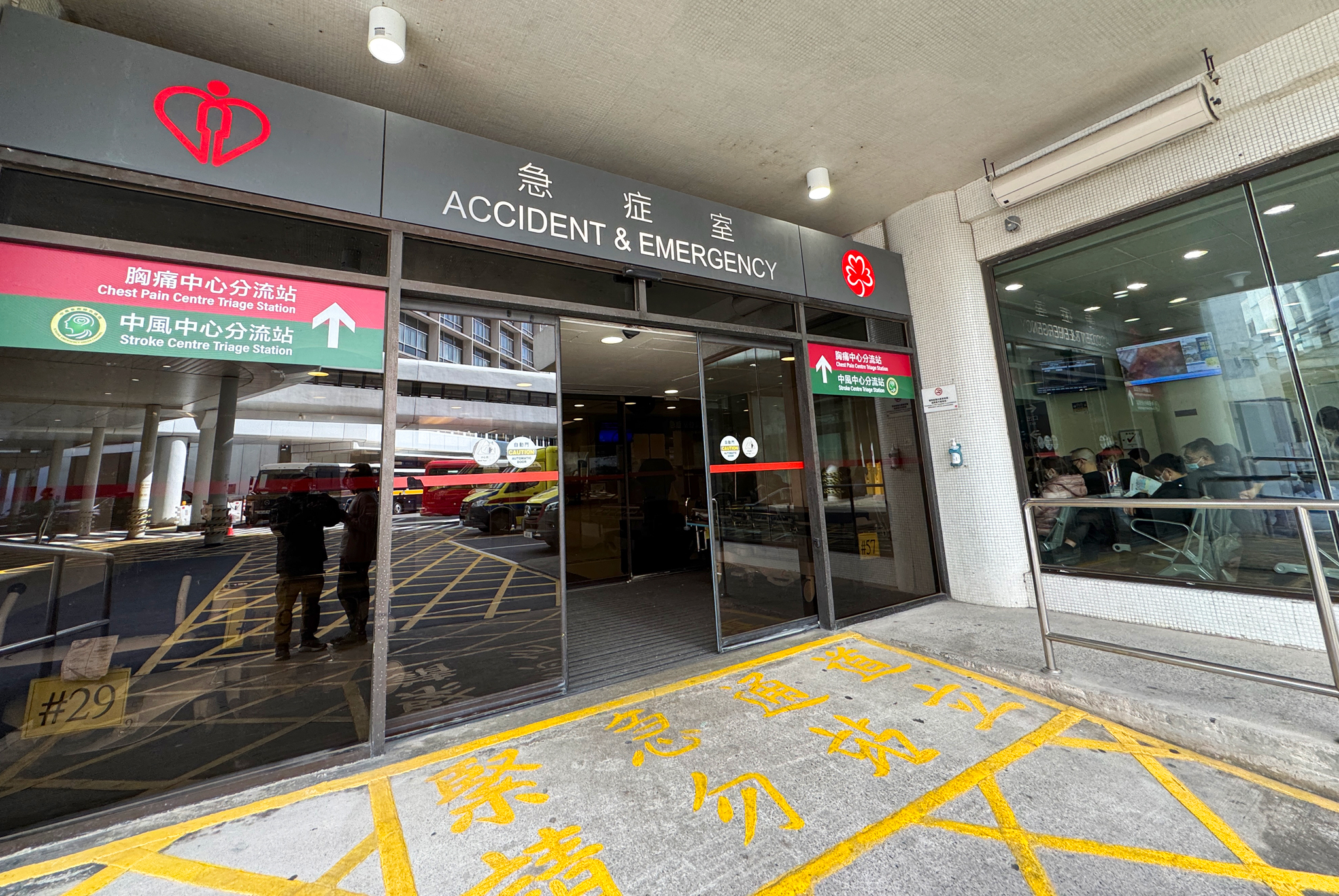
The Hospital Authority (HA) said Hong Kong’s shorthanded medical services have been given a boost by nonlocally trained doctors recruited the past few years, saying these doctors have helped cut the waiting time substantially for nonemergency gastroscopy cases.
To alleviate the staff shortage that the city’s public medical sector faces, the Hong Kong Special Administrative Region government started admitting qualified nonlocally trained doctors in the public healthcare system in 2021.
At a news conference last week, the public hospital regulator said it has hired 301 nonlocally trained doctors as of April 30, including 234 full-time doctors working for the HA and 67 participating in exchange programs.
READ MORE: HK mulls allowing non-locally trained allied health professionals
The HA said 55 percent of the full-time nonlocally trained doctors obtained their medical qualifications from the United Kingdom, 14 percent from the Chinese mainland, and 13 percent from Australia. Eleven of the full-time doctors are on the specialist register list of the Medical Council of Hong Kong.
Among the exchange doctors, 50 hail from the mainland cities of the Guangdong-Hong Kong-Macao Greater Bay Area (GBA) and from Shanghai, and 17 from other places such as Malaysia, the Philippines, and the United Kingdom. Their expertise spans numerous specialties, encompassing anesthesiology, general medicine, ophthalmology, radiology and surgery.
The HA said some of the nonlocally trained doctors are working at the Central Government Aided Emergency Hospital, which is in the Lok Ma Chau Loop, to carry out gastroscopy.
Since April 2023, the hospital has been picked by HA to run the Ambulatory Diagnostic Radiology Service Pilot Programme, offering radiological diagnostic services to nonemergency patients to shorten their waiting time and relieve the pressure on radiology services in other public hospitals.
More examination services, including endoscopy, sleep study, microbiological tests and 25-hydroxyvitamin D analysis, have been available in the hospital since last year, offering additional slots for patients who are on the waiting list for medical examinations.
Among the three doctors of the emergency hospital endoscopy department, two are visiting medical officers from the mainland — Liang Chongfen, from the Guangdong Provincial Hospital of Integrated Traditional Chinese and Western Medicine, and Ye Jinning, from the First Affiliated Hospital, Sun Yat-sen University.
Arriving in the city in November, they are undergoing a one-year exchange program to learn from local counterparts and pass on their experience to colleagues.
Their joining has enhanced the emergency hospital’s endoscopy capacity, reducing the waiting time to two to three months, significantly shorter than the one-year period typically found in general public hospitals, the HA said.
Sharing his working experience in Hong Kong, Liang said he was worried whether his English skills met the demand of Hong Kong hospitals before he came to the city.
After receiving fundamental training and obtaining preliminary understandings of Hong Kong’s healthcare system, related legislation, and workflow, Liang swiftly mastered the daily routines and is capable of writing basic reports in English now.
“I found that my Hong Kong colleagues always treat patients with the utmost care and respect, and Hong Kong doctors possess a clear and thorough understanding of international guidelines,” Liang said. The exchange has enabled him to learn more about the healthcare system of Hong Kong, he added.
Echoing Liang, Ye said he has been impressed by Hong Kong’s well-established healthcare system, with a comprehensive patient record database that enables the retrieval of past medical histories easily.
READ MORE: PolyU to invest heavily in building third medical school, if selected
To lure more overseas medical professionals, the Hospital Authority founded the Global Healthcare Professional Recruitment Centre in December 2023 to better coordinate the recruitment and exchange programs of nonlocally trained healthcare professionals.
Lawmaker Dennis Lam Shun-chiu, who is also a veteran ophthalmologist, told China Daily that he hopes the settled nonlocally trained doctors can set good examples, initiating a “snowball effect” to increase more medical talents’ interest in the city’s hiring program.
Lam also urged the government to accelerate the construction of the city’s third medical school to address the manpower shortage in the healthcare sector.
Contact the writer at atlasshao@chinadailyhk.com


